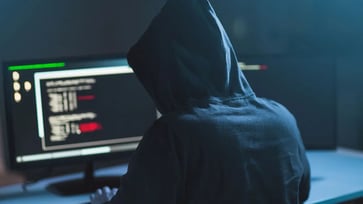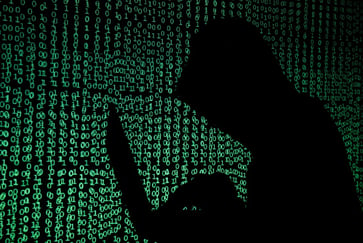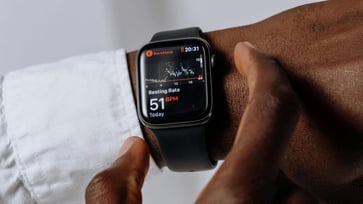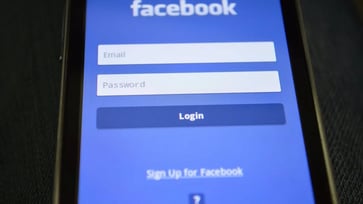Protect your retirement accounts and future with a VPN.
Secure your retirement with these expert tips.
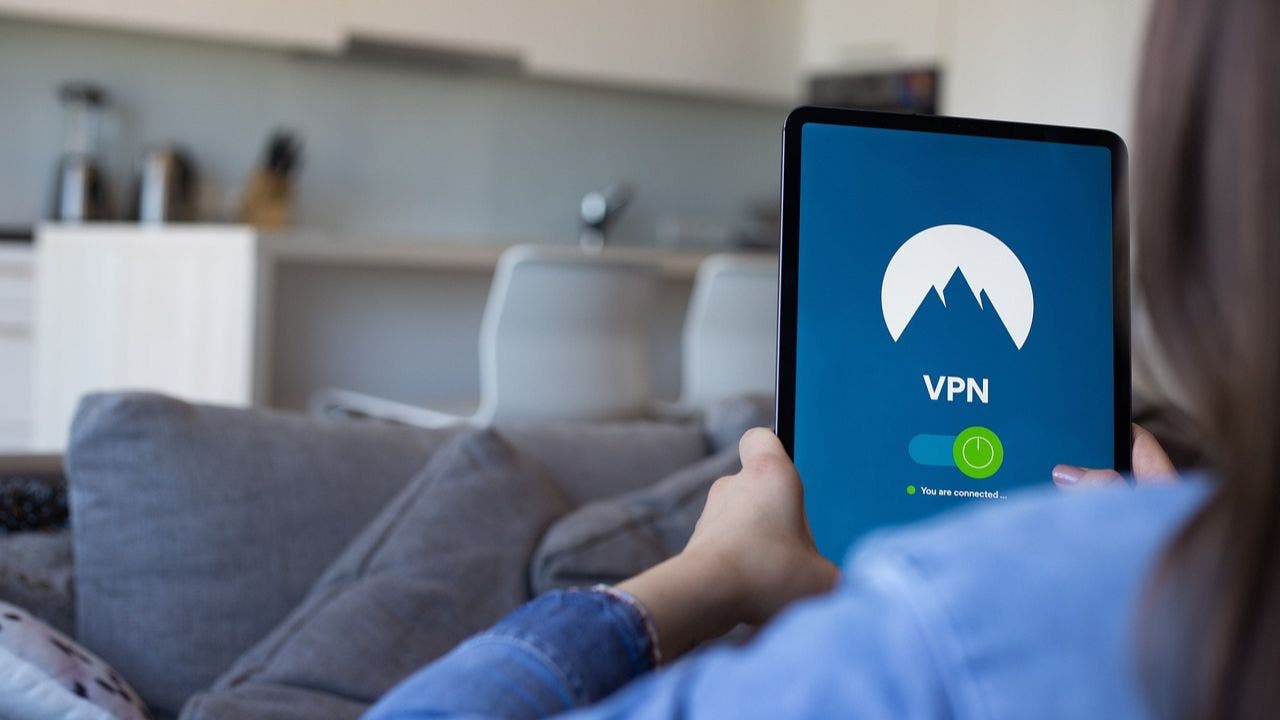
Securing your retirement accounts from cyber threats is vital in addition to smart investing and saving. Using public Wi-Fi to check your 401(k) or IRA could put your savings at risk. A VPN is crucial for safeguarding your retirement accounts. Let's explore how to implement this extra layer of security.
Sign up for my free newsletter to receive a $500 gift card for the holidays! Only one week left!

How VPNs work
VPNs use two main methods: IP address concealment and data encryption. When you connect to a VPN, it replaces your real IP address with one from their server network, making it impossible for websites and cyber criminals to trace your location or identify you based on your IP address.
VPNs secure your online activities by encrypting all data transmitted between your device and the internet, making it unreadable to anyone who might attempt to intercept it. This encryption process ensures that sensitive information, such as credit card details, remains confidential. By combining these two powerful features, VPNs create a secure tunnel for your internet traffic, significantly enhancing your online privacy and security.

Understanding the risks
Accessing retirement accounts online, particularly through public Wi-Fi networks, can put sensitive financial information at risk of being intercepted by cybercriminals. These hackers can steal login credentials and drain accounts, and the fact that retirement accounts are often less frequently monitored makes them an attractive target.

Why a VPN is crucial for protecting your retirement accounts
A VPN creates an encrypted tunnel for your internet traffic, making it difficult for hackers to intercept your sensitive data. This is why VPNs are crucial for protecting your retirement accounts.
1) Robust encryption
VPNs use military-grade encryption protocols, such as AES-256, to scramble your data, making it unreadable to cybercriminals even if they intercept it. This adds an extra layer of security for your login credentials, account numbers, and financial transactions in your retirement accounts.
2) Enhanced anonymity
VPNs make it harder for malicious actors to track your online activities by masking your IP address and replacing it with one from their servers. This anonymity is crucial when accessing financial accounts, as it prevents cybercriminals from identifying you as a high-value target based on your browsing habits or the financial institutions you visit online.
3) Secure remote access
Using VPN while traveling or using public Wi-Fi is convenient but risky. VPN provides a secure connection, essentially creating a protected tunnel between your device and the financial institution's servers. This is particularly important for retirement accounts, which may not have the same level of fraud protection as checking or savings accounts. However, check if your retirement fund platform permits VPN usage, as some might flag it as unusual activity.
4) Protection against man-in-the-middle attacks
VPNs are effective in preventing man-in-the-middle attacks by encrypting your data from start to finish, making it difficult for hackers to intercept and steal your information.
5) Bypassing geo-restrictions safely
To manage your U.S.-based retirement accounts securely from anywhere in the world, you may need to use a VPN to connect through a U.S.-based server, as some financial institutions may block access from foreign IP addresses when traveling abroad.

7 steps to secure your retirement accounts
To ensure the security of your retirement accounts, follow these steps:
Select a reputable VPN service with strong encryption protocols for the best VPN software on your Windows, Mac, Android, and iOS devices.
Never access financial accounts on public networks without first activating your VPN.
Add an additional layer of security to your accounts by enabling two-factor authentication (2FA).
Consider using a password manager to generate and store complex passwords for each of your accounts.
Keep a close eye on your retirement accounts for any suspicious activity.
Ensure that your devices and apps are always up-to-date with the latest security patches.
Be cautious of phishing attempts: Avoid clicking on suspicious links or providing personal information in response to unsolicited emails. The best way to safeguard yourself from malicious links that install malware and potentially access your private information is to have strong antivirus software installed on all your devices. This protection can also alert you to phishing emails and ransomware scams, keeping your personal information and digital assets safe. Get my top picks for the best 2024 antivirus protection winners for your Windows, Mac, Android, and iOS devices.
Kurt's key takeaways
Protecting your retirement accounts goes beyond safeguarding your current savings; it involves securing your future financial stability. By using a VPN and adhering to best security practices, you are taking proactive measures to safeguard the nest egg you have worked hard to build. Keep in mind that the small investment in a reliable VPN service is insignificant compared to the potential losses from a compromised retirement account.
Have you ever had a security breach? If so, please share the details and your response at Cyberguy.com/Contact.
To receive my tech tips and security alerts, sign up for my free CyberGuy Report Newsletter at Cyberguy.com/Newsletter.
Let us know what stories you'd like us to cover.
Follow Kurt on his social channels:
Answers to the most asked CyberGuy questions:
New from Kurt:
Deals: Unbeatable Best Black Friday deals | Laptops | Desktops | Printers
Best gifts for Men | Women | Kids | Teens | Pet lovers
Copyright 2024 CyberGuy.com. All rights reserved.
